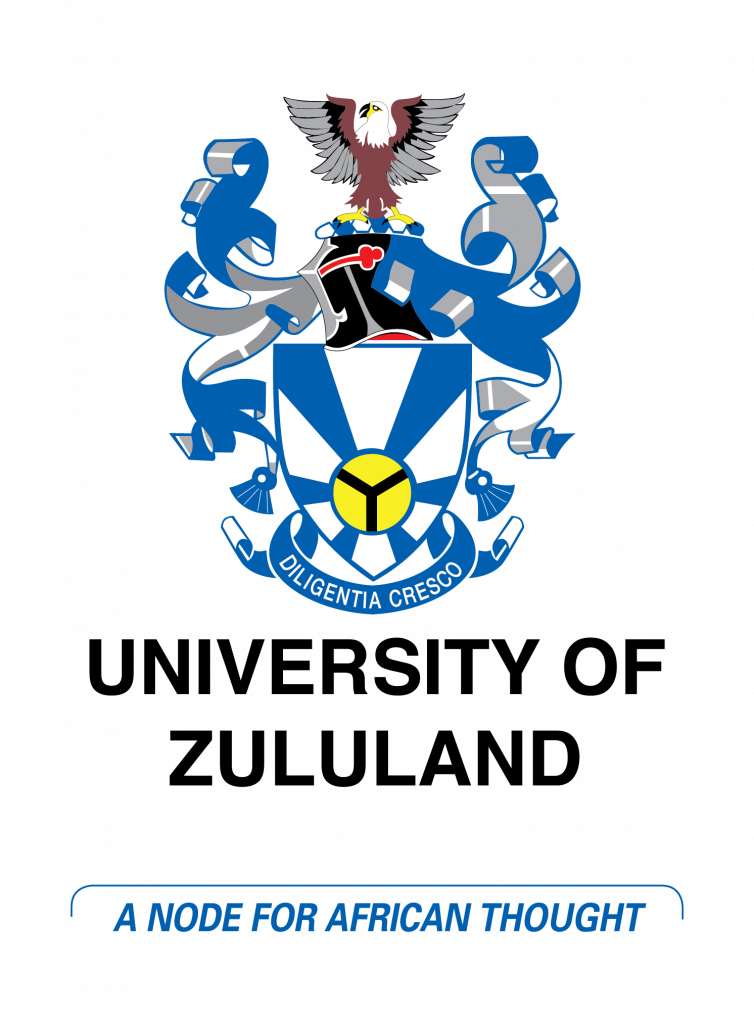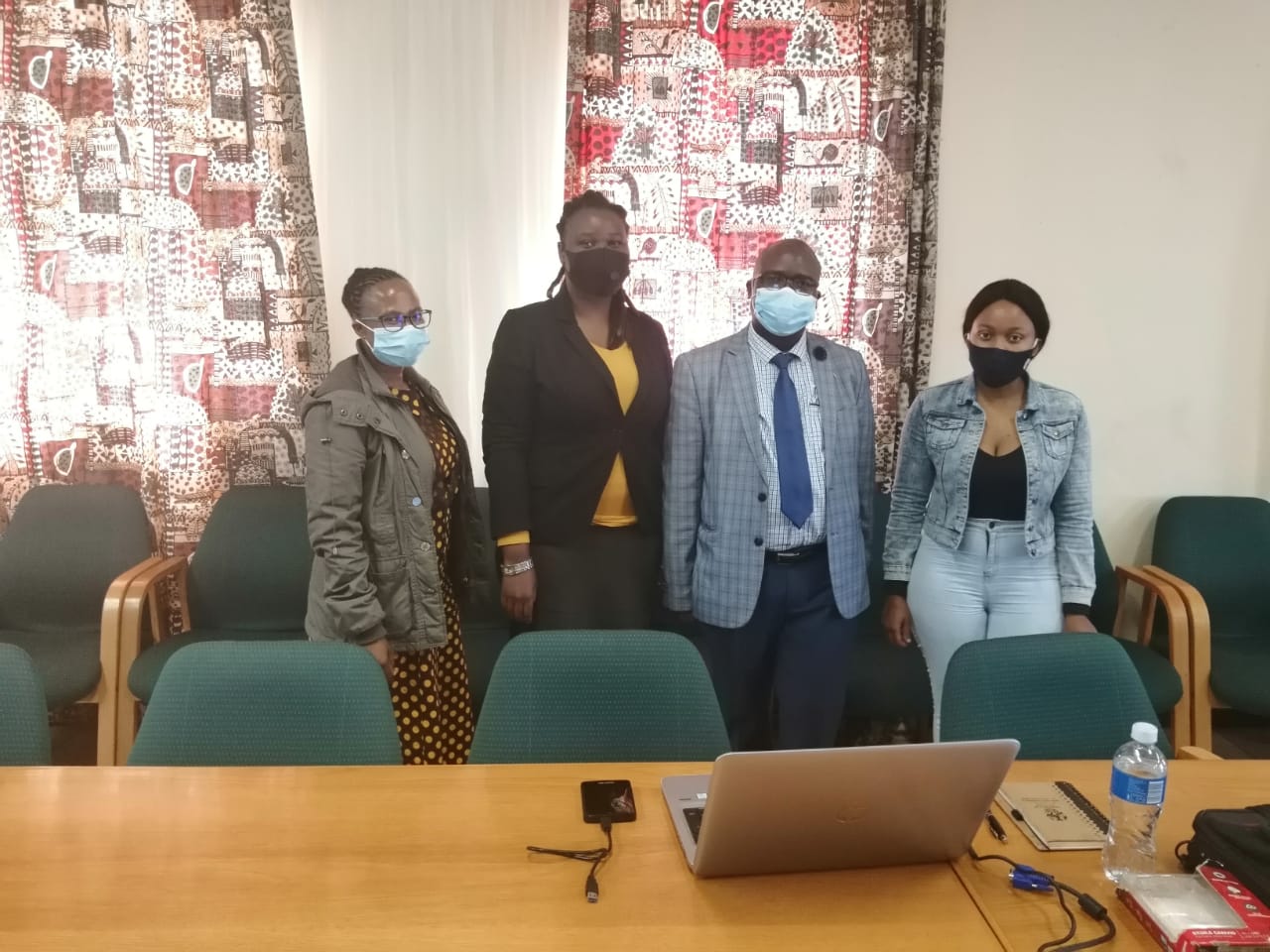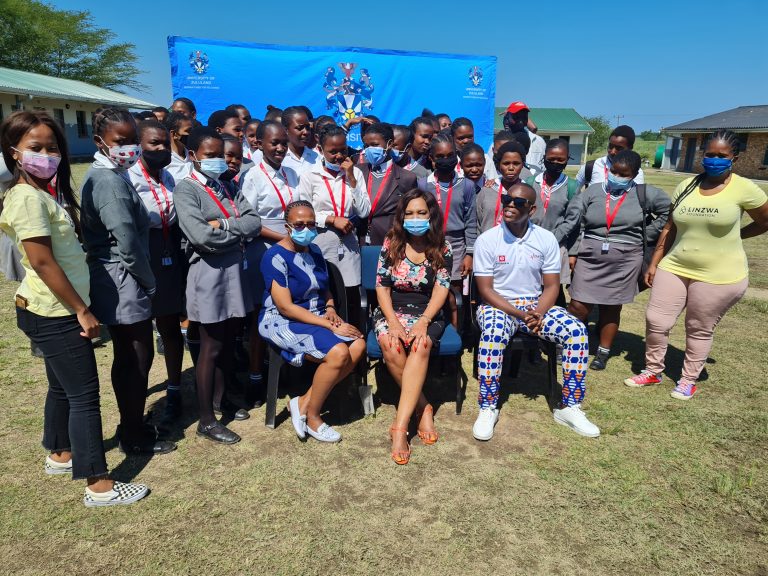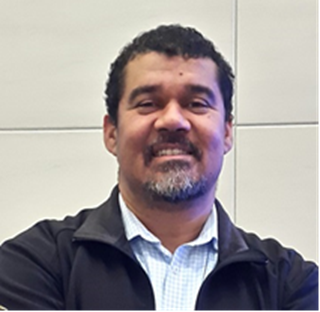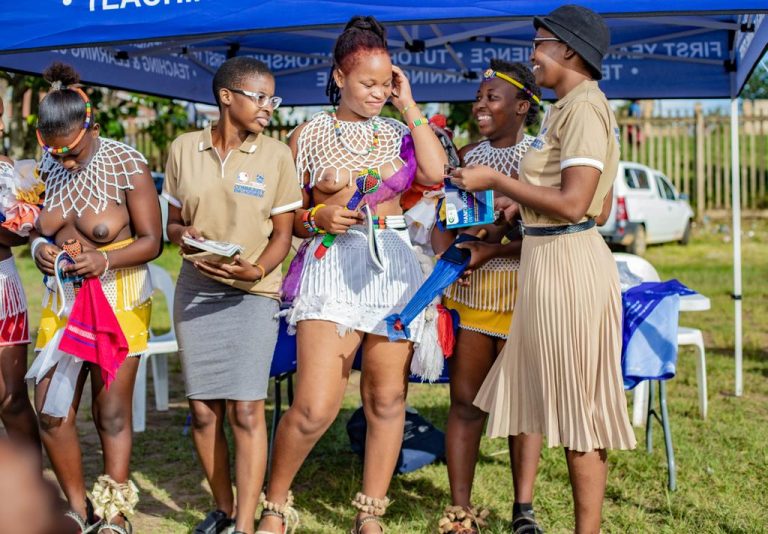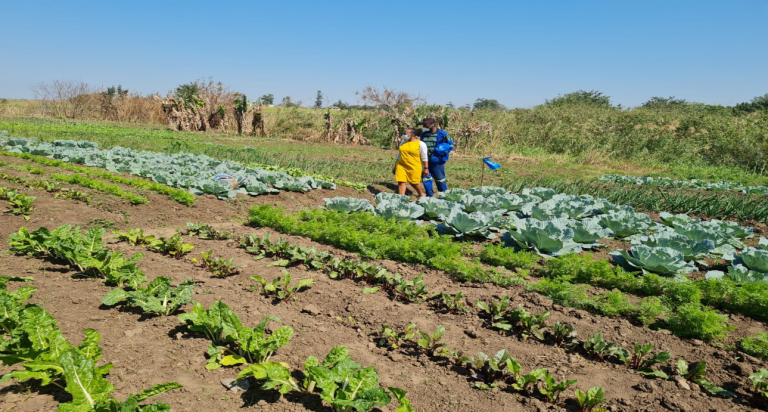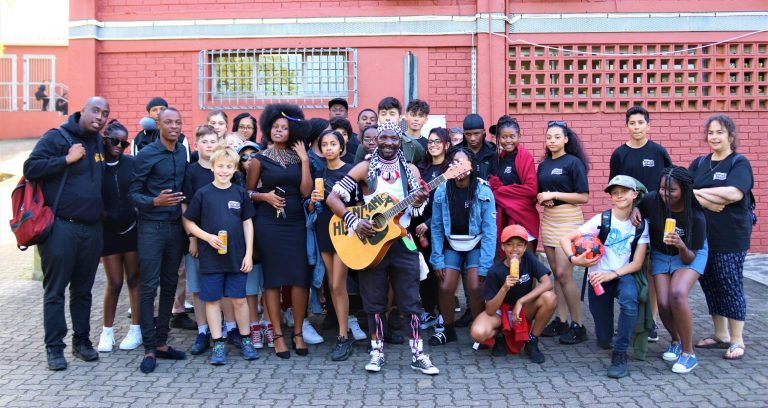UNIZULU students giving back to the Community in a form of Community Engagement
University of Zululand (UNIZULU) students studying towards the Master of Arts qualification in the Department of Anthropology and Development Studies recently convened a virtual meeting with the KwaZulu-Natal Department of Cooperative Governance and Traditional Affairs (KZN Cogta) to share findings of water supply and sanitation studies they have been conducting in the King Cetshwayo, uMkhanyakude, uThukela and Zululand district municipalities.
In engaging with institutions conducting water supply and sanitation related research, Cogta is able to verify the findings which eventually assists municipalities in providing water and sanitation services to households in various jurisdictions. Presenting findings assist students to gather comments and suggestions from practitioners who are sometimes not involved with such researchers when they are collecting data. The Research Committee of Cogta, which is chaired by the Chief Director for Policy and Research, is mandated to work with institutions of higher learning to ensure that the policies they formulate are supported by research.
Doctor Simphiwe Nojiyeza who is the students’ supervisor and lecturer expounded: “In some instances, Cogta and municipalities conduct such studies themselves, but in this instance, the studies were conducted by students who are purely studying towards gaining a qualification, which is a Master of Arts in Development Studies. For UNIZULU, postgraduate students are expected to disseminate findings as one of the requirements for ploughing back to communities who participate in such studies.”
Community Engagement Manager Mammusa Lekoa also attended the presentation and assisted in facilitating the presentation. One of the responsibilities of the Community Engagement office is to support the academic community with their engagement initiatives and dissemination of research findings to stakeholders such as Cogta.
“Higher Education policy on transformation talks about social responsibility of institutions of higher learning. Our research should be seen to drive this mandate, have an impact (and) change people’s lives. Most of the research that is being done by universities is done in communities. We have to go back to those communities where we took data from so that the findings can be used to support community development initiatives. We also have to target relevant institutions that are mandated to deliver service and drive policies for development so that the policy implications of the findings can be communicated to relevant institutions, for example municipalities (and) provincial offices like we did with Cogta in this case and the case of uMlalazi Local Municipality in the last two weeks. When we do research, we don’t just do it for the sake of doing it. It is our responsibility as an institution of higher learning to demonstrate our ethical responsibility and our accountability towards communities and this is part of that process,” Lekoa clarified.
According to Dr Nojiyeza, the findings mean that there is a need for government to increase the amount of free basic water allocated to indigent households in order for small scale farmers to grow crops to enhance food security. In all three studies, the findings showed that there is a need to mainstream gender .Mainstream gender being that gender issues are given a priority in water governance. in water governance, consider growing the contribution of these areas in the Gross Domestic Product of the country in order to continue with subsidisation of water according to the Free Basic Water Policy of 2001. The findings also mean that the management and governance of water supply should be decentralised to the lowest levels which are local authorities. This also implies participation by local communities is shaping water services development plans (WSDP) of local municipalities where they live. This could be achieved by being actively involved in water and sanitation committees, municipal ward committees and other organs of popular participation stipulated in various acts such as the Municipal Structures Act. The specific findings and recommendations are found in each of the studies.
The process of disseminating findings and engaging stakeholders such as Cogta helps in that, after you have collected data and have done your research, you can go back and verify whether the information collected presents the correct narrative about the community. According to Lekoa, “this confirms our relevance and the (direct and indirect) impact that our University has” in our community through the academic project (that is, teaching, learning and research). The process further assists to build a sense of connectedness in the graduates’ lives as they actively participate in social change.
Cogta provided valuable input for the studies of the students. The department further expressed its interest to have copies of the students’ research work, once submitted.
– Precious Shamase
